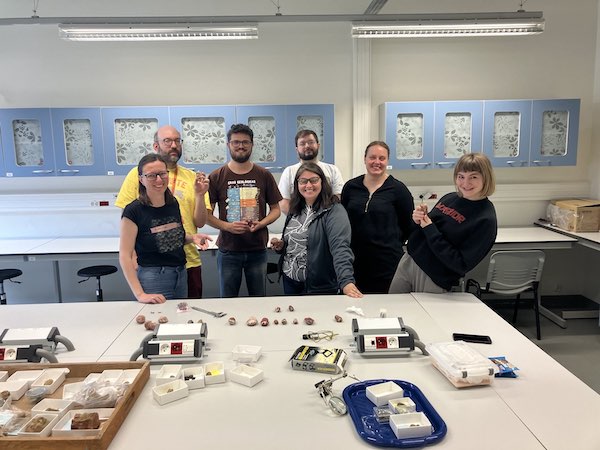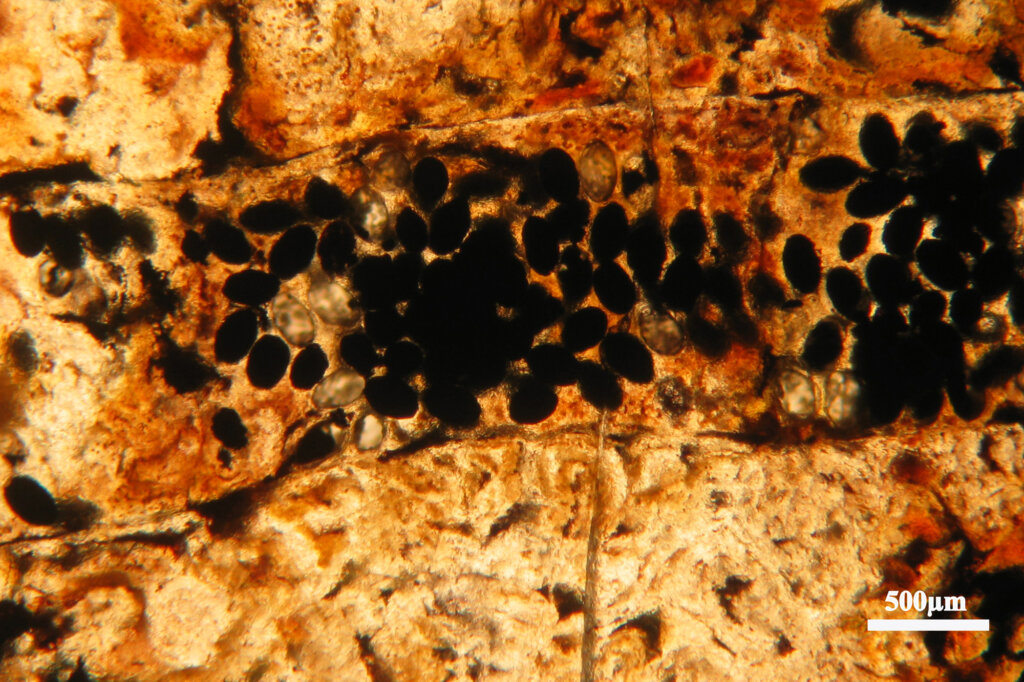The project led by Dr hab. Kenneth De Baets, prof. ucz., entitled “The Impact of Mass Extinctions on the Diversity and Evolution of Parasites

24 01 2025
The project led by Dr hab. Kenneth De Baets, prof. ucz., entitled “The Impact of Mass Extinctions on the Diversity and Evolution of Parasites”, has received significant funding of 1,406,337 PLN under the prestigious OPUS 27 programme organized by the National Science Centre (NCN).
The PARADIVE team, led by Dr. Kenneth De Baets, will investigate how the Permian-Triassic mass extinction—the largest evolutionary crisis in Earth’s history—impacted parasite-host associations. This extinction event, closely tied to an extreme global warming event (hyperthermal), profoundly altered terrestrial and aquatic ecosystems. By analyzing coprolites (fossilized excrements), we aim to uncover how helminth parasites survived, went extinct, or adapted by switching hosts during this pivotal period.
The Opus funding will enable us to expand our team with a PhD candidate and a postdoctoral researcher, allowing for more detailed studies of how global hyperthermal events influenced parasite-host interactions and their implications for modern environmental challenges.
Photo: The PARADIVE team, led by Dr. Kenneth De Baets, with collaborators from Brazil – Dr. Paula Dentzien-Dias and Dr. Heitor Francischini – preparing to analyze coprolites to study past parasite diversity.

Caption: Tapeworm eggs preserved in a Permian shark coprolite from Brazil, highlighting the type of parasitic inclusions that will be analyzed during the upcoming research.